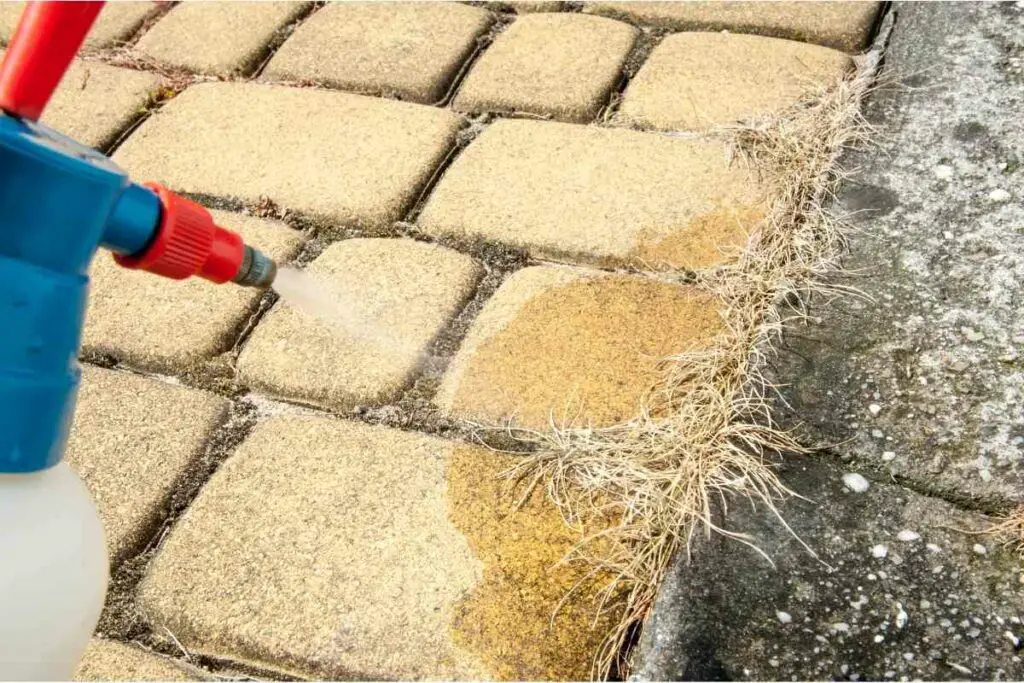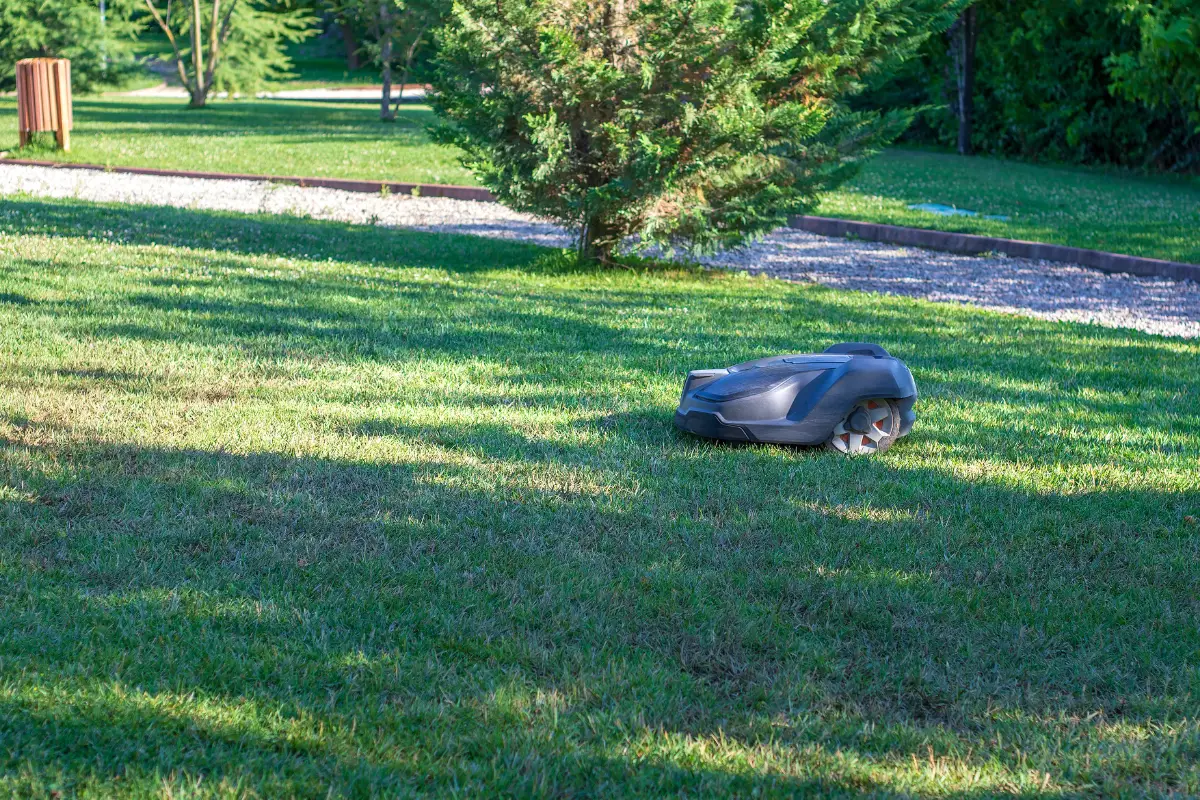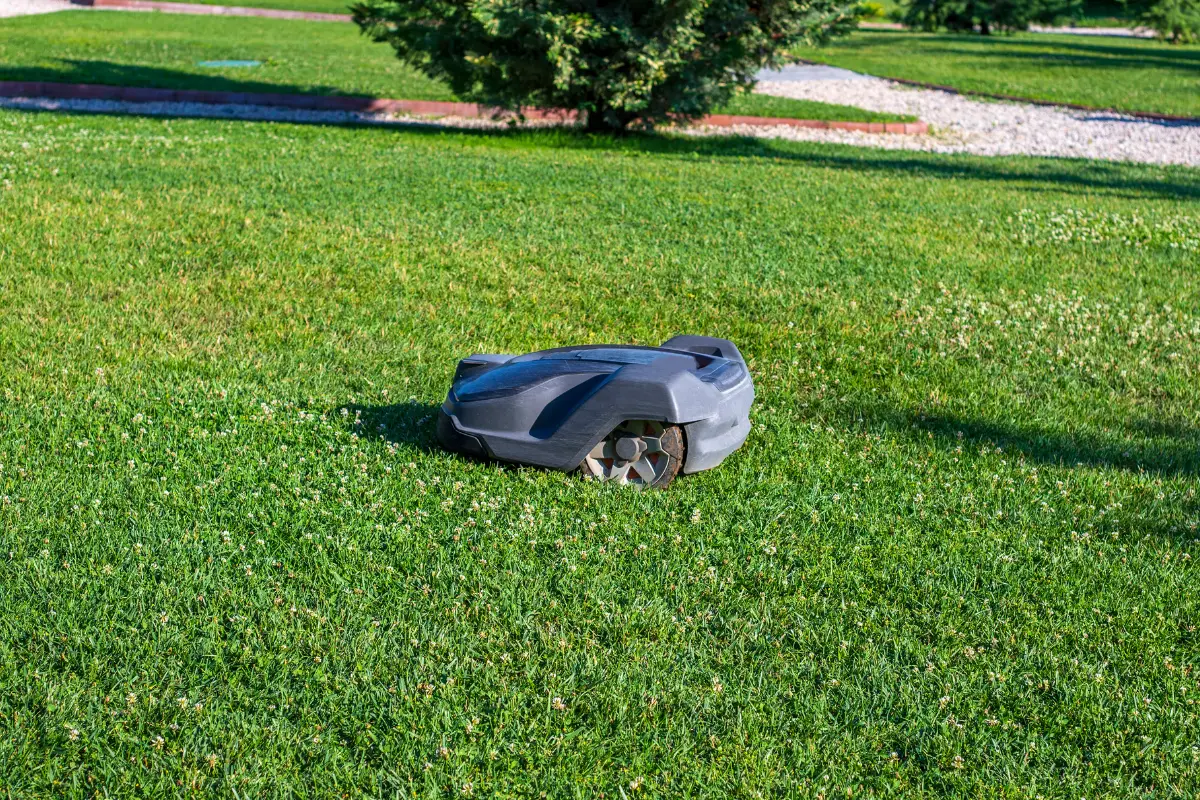Organic herbicides would seemingly offer a safer alternative, eliminating the harsh chemicals and fostering a more healthy overall environment. However, while organic herbicides are useful, they’re not as effective as marketing campaigns would have you believe.
Herbicides are a necessary evil, however, most people hate having to deal with the harsh chemicals that are a part of most industry-leading brands.
They’re poisonous to pets, harmful to the environment, and their threat expands when it rains and the chemicals are caught up in the water runoff.
While organic food makes a lot of sense, as it is a more natural product for our bodies to break down, make use of, and digest without the harmful, long-term side effects, the same doesn’t hold true for everything that carries the “organic” label.
The biggest problem with organic herbicides is that there are a lot of misconceptions surrounding their usage and efficacy. The same holds true for synthetic herbicides.
When stacked up against the competition, organic herbicides simply cannot compete.

Table of Contents
What Are The Pros And Cons Of Organic Herbicides?
When you use herbicides, it’s important to know that there are two types, systemic and contact. As their names imply, systemic herbicides kill weeds by penetrating their system, creating chemical reactions, and killing the weed from within.
Contact herbicides kill plant tissue on contact, without needing to penetrate any deeper than the surface. Organic herbicides are contact herbicides and therein lies their greatest drawback.
Since organic herbicides are contact herbicides, how well you spray the weeds that you are trying to kill has everything to do with its efficacy.
A weed that catches a light spray from an organic herbicide may only lose its leaves, while the rest of the plant continues to thrive.
In other words, be prepared to thoroughly saturate weeds with organic herbicide in order to have a chance to kill them.
Numerous studies have shown that even fast-burning, contact herbicides that are labeled “organic,” have a very poor kill rate.

You’re probably a bit surprised to see so many cons stacked up against a few, weak pros. Unfortunately, there are several factors that have come together to create an assumption about certain products that do not measure up to reality.
What Are Some Common Misconceptions About Organic And Synthetic Herbicides?
When it comes to organic and synthetic herbicides, misconceptions are immediately drawn from the names alone. For instance, it is assumed that organic herbicides are put together naturally while it’s the exact opposite. Here are some more:
- Organic herbicides are safe for the environment
- Organic herbicides are as effective as synthetic
- Synthetic herbicides are far more dangerous to the environment
- Organic herbicides are safe for humans and pets
Part of the problem is that more and more people are demanding products that are more environmentally safe and rightfully so.
However, businesses are rushing to supply that demand to the point where many of their products don’t necessarily meet those standards.
The marketing and Infobase coming from manufacturers isn’t cutting it either. For instance, it’s not very well known that Roundup has lower toxicity than vinegar.
Vinegar is an ingredient in some organic herbicides and it’s far more toxic than Roundup.
The chemicals from Roundup become inert after binding with the clay under the soil, so they don’t end up in the groundwater.
However, the acetic acids, vinegar, soaps, and detergents from organic herbicides do penetrate the groundwater.
This is all compounded by the fact that you have to saturate weeds with organic herbicides if you hope to kill them and that’s more in the air and in the ground.
That doesn’t mean we should dismiss synthetic herbicides as safe, just because Roundup has a decent resume. What it does mean, is that in the rush to satisfy the expanding desires for environmentally-friendly products, businesses are either neglecting their homework or don’t care.

What Are The Most Effective Organic Herbicides?
Glyphosate and a combination of Glysophate and fluazifop show promise because out of all of the organic herbicides, they’ve shown long-term efficacy.
The primary issue with Glysophate and combinations in which it is a part is that it takes a while to get going. While other organic herbicides show almost immediate contact results, Glyphosate can sometimes take weeks to start burning the weeds.
However, while weeds tend to spring right back up with other organic herbicides, Glyphosate seems to keep them down for much longer after it finally starts working.
- D-Limonene: Immediate contact burns but full growth returns in 2 weeks
- Citric acid: Zero affect
- Clove oil: Zero affect
- Acetic acid: Full growth return in 2 weeks
- Caprylic and Capric acid: Full growth return in two weeks
What Are Organic Herbicides Useful For?
Organic herbicides are still useful but you’re not going to be able to look to them for full, long-term control of your weeds. You should use them for small, gardening weeds, sidewalk weeds, or weeds that grow up in your driveway or around the patio.
Trying to use most organic herbicides for long-term effects is going to be disappointing. You will spend a lot of money because you will have to use a lot more herbicides in order to achieve the same effects as synthetic variations.
You’ll also find that you will have to apply it a whole lot more in order to keep up with weed growth and continually kill the returning weeds after they’ve recovered from your first pass through.
Final Thoughts
We all want cleaner air, cleaner earth, and cleaner water. Unfortunately, at least when it comes to organic herbicides, science hasn’t quite reached the point where long-term weed control, that’s completely safe, is a viable option.
It will get there. Patience is a virtue, after all. In the meantime, if you need a heavy-duty herbicide to put down weeds on a long-term basis research synthetic herbicides as well. You might be surprised at what you find.













